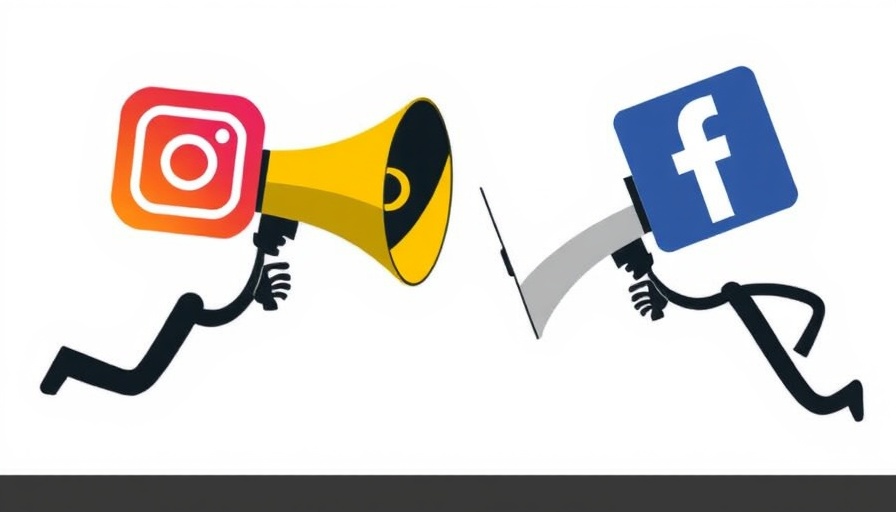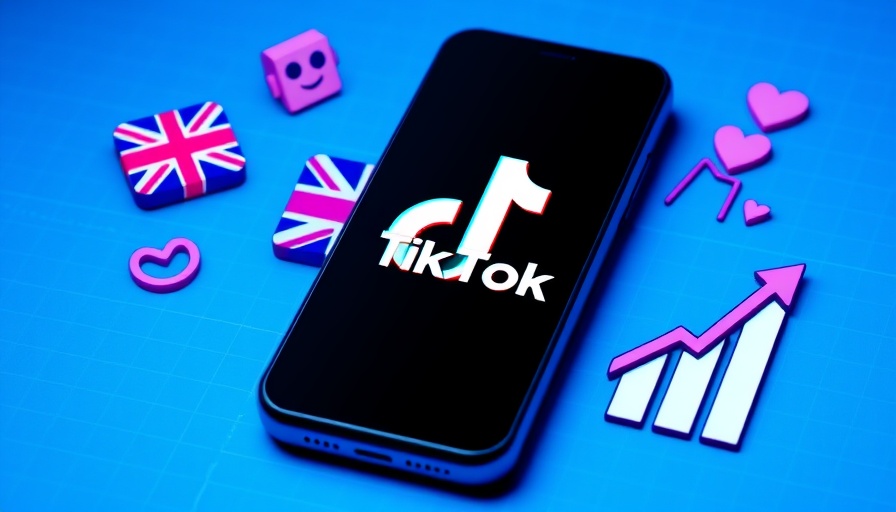
Choosing between Instagram and Facebook Ads: A Strategic Overview
In today's fast-paced digital marketing landscape, the decision to invest in either Instagram or Facebook advertising plays a critical role in a brand’s visibility and engagement strategy. With billions of users engaged daily, both platforms offer unique benefits that can cater to diverse business goals. Understanding these nuances can help you optimize your marketing efforts effectively.
The Power of Facebook Ads: Strength in Numbers
Facebook remains a giant in the social media world, boasting over 2.9 billion monthly active users. This platform offers detailed targeting options that allow advertisers to reach specific demographics based on interests, behaviors, and location. For businesses focused on building brand awareness, Facebook’s extensive reach ensures that your message can be seen by a diverse audience. Moreover, ads on Facebook can yield impressive results with effective call-to-action placements, driving traffic to websites or landing pages.
Instagram Ads: Telling Your Brand Story
On the other hand, Instagram has gained traction as a visually-driven platform perfect for storytelling. With its emphasis on aesthetics, brands can create content that resonates emotionally with users. Instagram ads often lead to higher engagement rates, especially among younger audiences who are looking for authenticity and originality. Utilizing stories, reels, and influencer partnerships can effectively showcase products in innovative ways, enhancing customer interactions.
Analyzing Performance: Which Platform Succeeds?
Evaluating the success of your advertising efforts on these platforms relies heavily on analytics and data reporting. Facebook offers extensive metrics and insights to track ad performance, enabling businesses to adjust strategies in real-time. In contrast, Instagram's analytics, while robust, are typically more focused on visual engagement indicators such as likes and comments. Align your goals with the appropriate platform's strengths—whether it's conversion rate optimization on Facebook or brand engagement on Instagram.
Future Trends in Social Media Advertising
The rapid evolution of technology has naturally extended to social media. Innovations like programmatic advertising, influencer marketing trends, and augmented reality are shaping how brands communicate with consumers. Additionally, as user behavior shifts towards video consumption—particularly on platforms like TikTok and Instagram—it's essential to adapt your marketing strategies accordingly. Brands that prioritize integrating these trends will likely outperform those adhering strictly to traditional ad formats.
Common Misconceptions: Facebook versus Instagram
Many believe that Instagram is only beneficial for B2C businesses, whereas Facebook lacks the millennial appeal. However, this is a misconception. Both platforms can serve B2B and B2C effectively if the ad content is tailored appropriately. It's crucial to refine your messaging aimed towards your target audience regardless of the platform, ensuring authenticity and relevance, thus enhancing customer engagement strategies.
Final Thoughts and the Way Forward
The ultimate choice between Instagram and Facebook ads depends on your unique business objectives. Testing ads on both platforms while analyzing key performance indicators will shed light on which avenue yields the best returns. As digital marketing trends continue to evolve, businesses must remain agile, continually adapting their strategies to stay ahead in this competitive landscape. Don't just follow trends; lead them.
As you craft your digital marketing plan, consider the power of analytics to guide your decisions. Assess the specific characteristics of your target audience while embracing emerging technological innovations that can enhance your campaigns. To stay ahead, utilize analytics tools for deep insights and strategies tailored to your needs.
 Add Row
Add Row  Add
Add 




Write A Comment